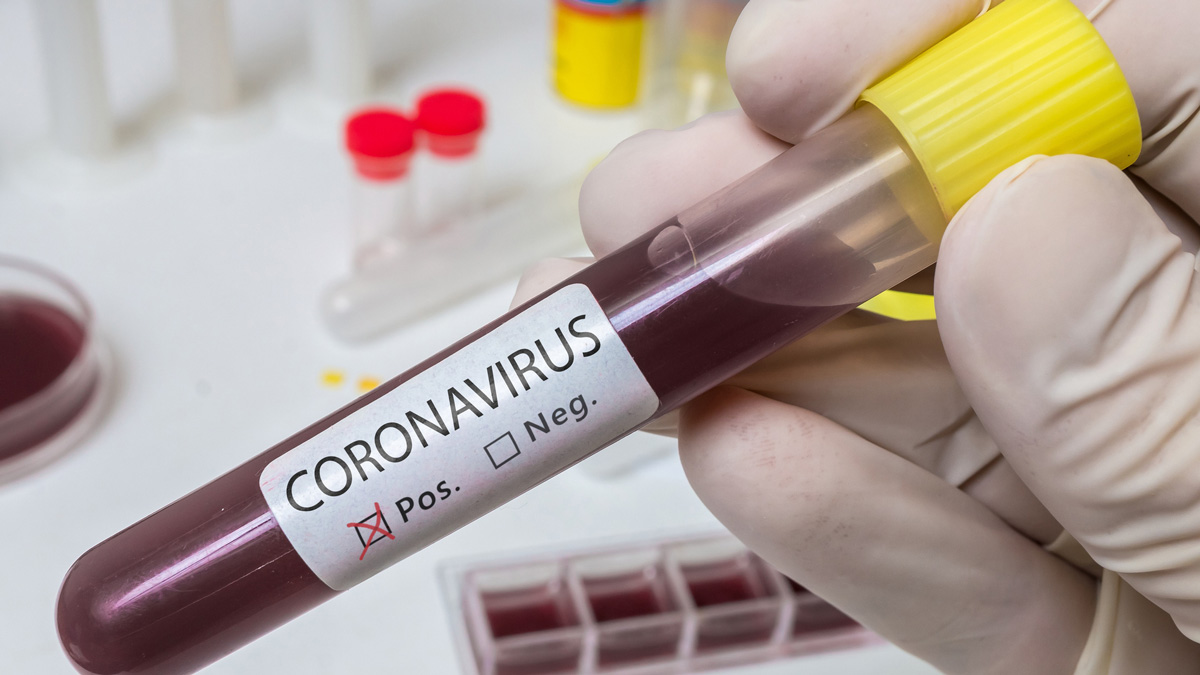Nothing should stand in the way of coronavirus vaccine access, says J&J

Janssen’s chief scientific officer and worldwide chairman Paul Stoffels has said he hopes the company’s coronavirus vaccine candidate will be available by “early next year” to millions of people around the world.
On Monday the US pharma firm announced it was teaming up with the US government to invest more than $1 billion in the programme.
The goal is to provide a global supply of more than a billion doses of a vaccine, with trials starting in September at the latest, and the first batches potentially available for emergency use in early 2021.
Stoffels was speaking to Reuter’s editor-at-large Axel Threlfall as part of eyeforpharma Barcelona, which is being run as a virtual event due to the outbreak. Asked about how there can be equitable access to the vaccine, he said that “nothing should stand in front” of getting the vaccine to millions of people across the world.
“That is the most crucial thing,” he said, adding that any business risk from developing a vaccine on such a large scale would be lower for a company of J&J’s size.
“This is not an all or nothing for us.”
Sotffels says that the company should have “millions” of batches ready to give to high-risk people “early next year, in the first quarter.”
This would be under an emergency use licence, as full approval would typically take much longer.
J&J’s candidate is using the same technology used for their vaccines for HIV, RSV, Zika and Ebola, which has allowed the R&D process to go faster than it would for a vaccine being developed from scratch.
“We’ve done this process four time before, and have vaccinated more than 50,000 people, so far in these four diseases. We tested it very extensively in animals and we have shown that we have very good neutralising antibodies.
“Now we only have to change the vector. We replaced the code for the antigen with a COVID antigen.
“You can compare it with an assembly line for cars – we have the assembly line, we put the new model on the assembly line and we know exactly what we have to do to get to the outcome.”
Asked about how the vaccine’s efficacy might be affected by mutations in the virus, Stoffels said it appeared to be “quite a stable vaccine”, although it would depend on how selection pressure affects the virus.
He added that he has seen greater collaboration across the industry since the outbreak began.
“I'm on the line all the time with my colleagues in different pharmaceutical companies to exchange ideas. We’re working together on how we can overcome a number of challenges.
“For example, a big challenge is that there are a lot of people with cancer in clinical trials at the moment, so we need to make sure we build up systems that can help these people continue to receive their medicine.
“We’re sharing a lot of experience and helping each other. There’s a lot of partnership happening at the moment.”











